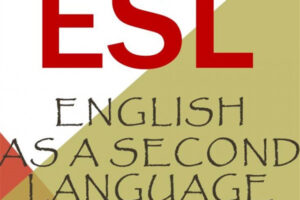The International English Language Test System is jointly administered by The British Council, University of Cambridge Local Examination Syndicate, and IDP Education Australia. The IELTS is designed as a test of English for non-native English speakers wishing to enroll in post-secondary institutions in the British Commonwealth (United Kingdom, Australia, Canada, and New Zealand). Presently, many countries in the British Commonwealth also use this test as a proof of English language proficiency for immigration purposes.
The development of IELTS as a language testing system was a long process. Because of its scientific method and credibility, and the promotion of the examination board, the IELTS has gained worldwide recognition. Now, there are 251 IELTS testing centers in 105 countries. In early 1998, Citizenship and Immigration Canada revised immigration policy to give preference to applicants who score five on the IELTS. Performance on the IELTS is also a criterion considered by the immigration departments of New Zealand and Australia. From July 2001, international applicants to universities in Australia are required to furnish IELTS scores; TOEFL scores are no longer accepted. Questions on the IELTS are set primarily by experts from the United Kingdom, Australia, and New Zealand. There are plans to involve participation from experts in Canada and the United States as the IELTS develops. The Reading section of the IELTS includes artsicles with more of an international nature; the Listening section adheres to the principle of incorporating different varieties of English so testers can hear the accents of various English-speaking countries.



